Discover Cambridge Centre for European Legal Studies (CELS) Seminar Series
Cambridge Centre for European Legal Studies (CELS) Seminar Series

Cambridge Centre for European Legal Studies (CELS) Seminar Series
Author: Cambridge University
Subscribed: 3Played: 23Subscribe
Share
© 2024
Description
The Centre for European Legal Studies (CELS) at the Faculty of Law, University of Cambridge, runs a series of lunchtime seminars during the Michaelmas and Lent Terms. These seminars provide a platform for the presentation of new ideas by leading scholars from inside and outside the University. The lunchtime seminars address topical issues of European Union Law and Comparative Law, with a view to using collective debate as a forum for developing and disseminating ideas, and producing high quality research publications which contribute to an understanding of major issues in the European Union.
There is a close link between the CELS Lunchtime Seminar series and the Cambridge Yearbook of European Legal Studies (CYELS). Papers generated from most of these seminars are published as articles in the CYELS. Recordings of the seminars are made available via the University Streaming Media Service, and via Apple iTunes.
For more information see the CELS website at http://www.cels.law.cam.ac.uk/
There is a close link between the CELS Lunchtime Seminar series and the Cambridge Yearbook of European Legal Studies (CYELS). Papers generated from most of these seminars are published as articles in the CYELS. Recordings of the seminars are made available via the University Streaming Media Service, and via Apple iTunes.
For more information see the CELS website at http://www.cels.law.cam.ac.uk/
156 Episodes
Reverse
Speakers: Professor Eleanor Sharpston KC, Advocate General, CJEU (2006-2020) and Goodhart Professor, University of Cambridge (2023/2024) and Dr Markus W. Gehring, Associate Professor, Faculty of Law and Member of CELS.
Abstract: On 18 September 2023 the Group of 12 Experts from both France and Germany released their proposal ‘Sailing on High Seas: Reforming and Enlarging the EU for the 21st Century’. The Group make two proposals on the Rule of Law and five further proposals for institutional reform. Overall, the Group had three objectives to increase the EU’s capacity to act, to get the institutions ready for enlargement and strengthen democratic legitimacy and rule of law. This resulted in a series of proposals for inter alia treaty change. The proposals are all on a continuum but largely aim for reform rather than a recreation of the European Union. They align with other reform proposals and at times take up proposals that were made for EU reform in the past or indeed discussed during the EU Constitutional convention process in the early 2000s. The objective here was clearly reformation rather than revolution. This conversation discusses some of the individual reform proposals in the context of the practice of the Court of Justice – could these proposal mean the beginning of 'Europe’s Second Constitution'?
For more information see:
https://www.cels.law.cam.ac.uk/weekly-seminar-series
Speakers: Professor Eleanor Sharpston KC, Advocate General, CJEU (2006-2020) and Goodhart Professor, University of Cambridge (2023/2024) and Dr Markus W. Gehring, Associate Professor, Faculty of Law and Member of CELS.
Abstract: On 18 September 2023 the Group of 12 Experts from both France and Germany released their proposal ‘Sailing on High Seas: Reforming and Enlarging the EU for the 21st Century’. The Group make two proposals on the Rule of Law and five further proposals for institutional reform. Overall, the Group had three objectives to increase the EU’s capacity to act, to get the institutions ready for enlargement and strengthen democratic legitimacy and rule of law. This resulted in a series of proposals for inter alia treaty change. The proposals are all on a continuum but largely aim for reform rather than a recreation of the European Union. They align with other reform proposals and at times take up proposals that were made for EU reform in the past or indeed discussed during the EU Constitutional convention process in the early 2000s. The objective here was clearly reformation rather than revolution. This conversation discusses some of the individual reform proposals in the context of the practice of the Court of Justice – could these proposal mean the beginning of 'Europe’s Second Constitution'?
This entry provides an audio-only item for iTunes.
For more information see:
https://www.cels.law.cam.ac.uk/weekly-seminar-series
Speaker: Professor Eleanor Sharpston KC, Advocate General, CJEU (2006-2020) and Goodhart Professor, University of Cambridge (2023/2024)
Abstract: As an AG Professor Sharpston worked on religious discrimination and employment matters, delivering an opinion in one of the first two hijab cases (Bougnaoui) and then the ‘shadow opinion’ in Wabe and Müller, which she posted via Professor Steve Peers’ EU law blog after leaving the Court. She has already compared Achbita and Bougnaoui to the decisions in Egenberger and the Caritas hospital case (IR v JQ) in her festschrift contribution for Allan Rosas. Unsurprisingly, she has been keeping an eye open for further developments in that case law (WABE and Müller, S.C.R.L (Religious clothing) and, most recently, Commune d’Ans (Grand Chamber, 28 November 2023). Additionally, she has also been looking at what the Court has been saying in relation to ritual slaughter of animals (as required for meat-eating observant Jews and Muslims). Notable cases include Liga van Moskeeën, Oeuvre d’assistance aux bêtes d’abattoirs (OABA) and Centraal Israëlitisch Constistorie. The case law of the European Court of Human Rights also addresses these issues: Eweida v UK on religious symbols in the workplace, and the very recent decision (13 February 2024) in Executief van de Moslims van België and Others v Belgium on banning ritual slaughter of animals without prior stunning. The cases are constitutionally important in terms of the deference shown to Member States; and in some respects, they are troubling for anyone who is religious and non-Christian.
Discussion chaired by Dr Markus W. Gehring, Associate Professor, Faculty of Law and Member of CELS.
For more information see:
https://www.cels.law.cam.ac.uk/weekly-seminar-series
This entry provides an audio-only item for iTunes.
Speaker: Professor Eleanor Sharpston KC, Advocate General, CJEU (2006-2020) and Goodhart Professor, University of Cambridge (2023/2024)
Abstract: As an AG Professor Sharpston worked on religious discrimination and employment matters, delivering an opinion in one of the first two hijab cases (Bougnaoui) and then the ‘shadow opinion’ in Wabe and Müller, which she posted via Professor Steve Peers’ EU law blog after leaving the Court. She has already compared Achbita and Bougnaoui to the decisions in Egenberger and the Caritas hospital case (IR v JQ) in her festschrift contribution for Allan Rosas. Unsurprisingly, she has been keeping an eye open for further developments in that case law (WABE and Müller, S.C.R.L (Religious clothing) and, most recently, Commune d’Ans (Grand Chamber, 28 November 2023). Additionally, she has also been looking at what the Court has been saying in relation to ritual slaughter of animals (as required for meat-eating observant Jews and Muslims). Notable cases include Liga van Moskeeën, Oeuvre d’assistance aux bêtes d’abattoirs (OABA) and Centraal Israëlitisch Constistorie. The case law of the European Court of Human Rights also addresses these issues: Eweida v UK on religious symbols in the workplace, and the very recent decision (13 February 2024) in Executief van de Moslims van België and Others v Belgium on banning ritual slaughter of animals without prior stunning. The cases are constitutionally important in terms of the deference shown to Member States; and in some respects, they are troubling for anyone who is religious and non-Christian.
Discussion chaired by Dr Markus W. Gehring, Associate Professor, Faculty of Law and Member of CELS.
For more information see:
https://www.cels.law.cam.ac.uk/weekly-seminar-series
Speaker: José Barroso, former President of the European Commission
Biography: José Manuel Durão Barroso served twelve years in the Government of Portugal including as Prime Minister and Minister of Foreign Affairs Minister. He was President of the European Commission during two mandates (2004/2014).
His academic appointments include visiting professor at Georgetown University and visiting professor at Princeton University. He is currently a visiting professor at the Catholic University of Portugal and at the European University Institute, School of Transnational Governance, Florence. José Manuel Barroso studied Law (University of Lisbon) Political Science and International Affairs (University of Geneva).
He is currently Chair of the Board of Gavi, the Vaccine Alliance, and Chairman of International Advisors, Goldman Sachs.
For more information see:
https://www.cels.law.cam.ac.uk/weekly-seminar-series
This entry provides an audio-only item for iTunes.
Speaker: José Barroso, former President of the European Commission
Biography: José Manuel Durão Barroso served twelve years in the Government of Portugal including as Prime Minister and Minister of Foreign Affairs Minister. He was President of the European Commission during two mandates (2004/2014).
His academic appointments include visiting professor at Georgetown University and visiting professor at Princeton University. He is currently a visiting professor at the Catholic University of Portugal and at the European University Institute, School of Transnational Governance, Florence. José Manuel Barroso studied Law (University of Lisbon) Political Science and International Affairs (University of Geneva).
He is currently Chair of the Board of Gavi, the Vaccine Alliance, and Chairman of International Advisors, Goldman Sachs.
For more information see:
https://www.cels.law.cam.ac.uk/weekly-seminar-series
Speaker: Eleanor Sharpston KC, Advocate General, CJEU (2006-2020) and Goodhart Professor, University of Cambridge (2023/2024)
Abstract: The CJEU is a court that speaks through a single judgment, and that ‘dialogues’ with its Advocates General without ever saying quite what that dialogue means. What is the reader to make of the interplay between the individual opinion of the advocate general and the collective decision of the judges? The final seminar in the series asks some questions, suggests some partial answers, and invites reflection on whether the current arrangements should ‘evolve’ (and, if so, in what direction).
For more information see: https://www.cels.law.cam.ac.uk/weekly-seminar-series
Speaker: Eleanor Sharpston KC, Advocate General, CJEU (2006-2020) and Goodhart Professor, University of Cambridge (2023/2024)
Abstract: The CJEU is a court that speaks through a single judgment, and that ‘dialogues’ with its Advocates General without ever saying quite what that dialogue means. What is the reader to make of the interplay between the individual opinion of the advocate general and the collective decision of the judges? The final seminar in the series asks some questions, suggests some partial answers, and invites reflection on whether the current arrangements should ‘evolve’ (and, if so, in what direction).
This entry provides an audio-only item for iTunes.
For more information see: https://www.cels.law.cam.ac.uk/weekly-seminar-series
Speakers: João Vale de Almeida, Former Ambassador of the European Union to the United Kingdom (2020-2022) and Eleanor Sharpston KC, Advocate General, CJEU (2006-2020) and Goodhart Professor, University of Cambridge (2023/2024)
Abstract: The UK and EU relationship has not been straight forward since Brexit but since Rishi Sunak became Prime Minister a certain amount of pragmatism has prevailed. Meanwhile, the European Union is facing significant geo-political challenges – not least the war in Ukraine and the Israel-Palestine conflict. Does it have capacity to think about these broader issues? The Ukraine conflict has led to much deeper thinking about enlargement of the EU, not just for Ukraine but also the Baltic states. The question of Europe of concentric circles has been raised again. What might a Europe of concentric circles mean for the accession and neighbourhood countries? What else can be done to improver relations with our closest trading partner?
For more information see: https://www.cels.law.cam.ac.uk/weekly-seminar-series
Speakers: João Vale de Almeida, Former Ambassador of the European Union to the United Kingdom (2020-2022) and Eleanor Sharpston KC, Advocate General, CJEU (2006-2020) and Goodhart Professor, University of Cambridge (2023/2024)
Abstract: The UK and EU relationship has not been straight forward since Brexit but since Rishi Sunak became Prime Minister a certain amount of pragmatism has prevailed. Meanwhile, the European Union is facing significant geo-political challenges – not least the war in Ukraine and the Israel-Palestine conflict. Does it have capacity to think about these broader issues? The Ukraine conflict has led to much deeper thinking about enlargement of the EU, not just for Ukraine but also the Baltic states. The question of Europe of concentric circles has been raised again. What might a Europe of concentric circles mean for the accession and neighbourhood countries? What else can be done to improver relations with our closest trading partner?
For more information see: https://www.cels.law.cam.ac.uk/weekly-seminar-series
This entry provides an audio-only item for iTunes.
Speaker: Eleanor Sharpston KC, Advocate General, CJEU (2006-2020) and Goodhart Professor, University of Cambridge (2023/2024)
Abstract: A common complaint of common lawyers is that the way in which CJEU judgments are written is abstract and obscure. The criticism is levelled most notably at judgments that reply to requests for a preliminary ruling from national courts. Once you understand about language and the Court, there are a lot of hidden clues, if you only know where to look for them. This second seminar is designed to help you squeeze the maximum information out of the text, and alert you to what those formulae you’re reading really mean.
For more information see: https://www.cels.law.cam.ac.uk/weekly-seminar-series
Speaker: Eleanor Sharpston KC, Advocate General, CJEU (2006-2020) and Goodhart Professor, University of Cambridge (2023/2024)
Abstract: A common complaint of common lawyers is that the way in which CJEU judgments are written is abstract and obscure. The criticism is levelled most notably at judgments that reply to requests for a preliminary ruling from national courts. Once you understand about language and the Court, there are a lot of hidden clues, if you only know where to look for them. This second seminar is designed to help you squeeze the maximum information out of the text, and alert you to what those formulae you’re reading really mean.
This entry provides an audio-only item for iTunes.
For more information see: https://www.cels.law.cam.ac.uk/weekly-seminar-series
Speaker: Eleanor Sharpston KC, Advocate General, CJEU (2006-2020) and Goodhart Professor, University of Cambridge (2023/2024)
Abstract: The CJEU is unique in having 24 equally valid languages of procedure, plus an informal and unofficial working language (French) which is not necessarily spoken by as great a percentage of staff members in 2023 as it was when the Court was first set up by the original six founding Member States. What does running a 24-language court mean in theory and in practice? How does the diversity of language – and indeed of legal tradition (in the sense of how legal argument is presented) – impact upon the way the CJEU functions, how it handles its caseload, and how it writes its judgments?
For more information see: https://www.cels.law.cam.ac.uk/weekly-seminar-series
Speaker: Eleanor Sharpston KC, Advocate General, CJEU (2006-2020) and Goodhart Professor, University of Cambridge (2023/2024)
Abstract: The CJEU is unique in having 24 equally valid languages of procedure, plus an informal and unofficial working language (French) which is not necessarily spoken by as great a percentage of staff members in 2023 as it was when the Court was first set up by the original six founding Member States. What does running a 24-language court mean in theory and in practice? How does the diversity of language – and indeed of legal tradition (in the sense of how legal argument is presented) – impact upon the way the CJEU functions, how it handles its caseload, and how it writes its judgments?
This entry provides an audio-only item for iTunes.
For more information see: https://www.cels.law.cam.ac.uk/weekly-seminar-series
On 12 May 2023 the Cambridge University Centre for European Legal Studies and (CELS) and the Ukrainian Catholic University School of Law held a webinar on the topic 'The Impact on Russia’s War against Ukraine and the EU Legal Order'.
Dr Luigi Lonardo (University College Cork) will discussed his book ‘Russia’s 2022 War Against Ukraine and the Foreign Policy Reaction of the EU: Context, Diplomacy, and Law’ which focuses on the pre-war EU-Ukraine relations and the effects of Russia’s 2022 war against Ukraine on the EU, and the EU’s reaction to the war.
There were five speakers at the event:
Speaker: Dr Luigi Lonardo (University College Cork)
Chair: Dr Markus Gehring (University of Cambridge)
Introduction: Nataliya Haletska
Respondent: Professor Taras Leshkovych (Ukrainian Catholic University Law School)
Respondent: Dr Maxim Kolyba (Ukrainian Catholic University Law School)
This entry provides an audio source for iTunes.
On 12 May 2023 the Cambridge University Centre for European Legal Studies and (CELS) and the Ukrainian Catholic University School of Law held a webinar on the topic 'The Impact on Russia’s War against Ukraine and the EU Legal Order'.
Dr Luigi Lonardo (University College Cork) will discussed his book ‘Russia’s 2022 War Against Ukraine and the Foreign Policy Reaction of the EU: Context, Diplomacy, and Law’ which focuses on the pre-war EU-Ukraine relations and the effects of Russia’s 2022 war against Ukraine on the EU, and the EU’s reaction to the war.
There were five speakers at the event:
Speaker: Dr Luigi Lonardo (University College Cork)
Chair: Dr Markus Gehring (University of Cambridge)
Introduction: Nataliya Haletska
Respondent: Professor Taras Leshkovych (Ukrainian Catholic University Law School)
Respondent: Dr Maxim Kolyba (Ukrainian Catholic University Law School)
Speaker: Professor Wolfgang Wurmnest
Biography:
Wolfgang Wurmnest is a full professor of law at the University of Hamburg since 2021. Previously he served as a full professor at the Universities of Augsburg (2013–2021) and Hanover (2009–2013), and as a Senior Research Fellow at the Max Planck Institute of Private International and Comparative Law, Hamburg (2004–2008). He was a visiting scholar in Foggia, Lyon, Hanoi and (from September 2022 onwards) Cambridge. His main fields of research are comparative and international tort and competition law.
3CL runs the 3CL Travers Smith Lunchtime Seminar Series, featuring leading academics from the Faculty, and high-profile practitioners. The Cambridge Private Law Centre acknowledges with gratitude the generous financial support of Freshfields Bruckhaus Deringer LLP and of South Square: https://www.3cl.law.cam.ac.uk/centre-activities
For more information about CELS see: https://www.cels.law.cam.ac.uk/weekly-seminar-series
This entry provides an audio source for iTunes.
Speaker: Professor Wolfgang Wurmnest
Biography:
Wolfgang Wurmnest is a full professor of law at the University of Hamburg since 2021. Previously he served as a full professor at the Universities of Augsburg (2013–2021) and Hanover (2009–2013), and as a Senior Research Fellow at the Max Planck Institute of Private International and Comparative Law, Hamburg (2004–2008). He was a visiting scholar in Foggia, Lyon, Hanoi and (from September 2022 onwards) Cambridge. His main fields of research are comparative and international tort and competition law.
3CL runs the 3CL Travers Smith Lunchtime Seminar Series, featuring leading academics from the Faculty, and high-profile practitioners. The Cambridge Private Law Centre acknowledges with gratitude the generous financial support of Freshfields Bruckhaus Deringer LLP and of South Square: https://www.3cl.law.cam.ac.uk/centre-activities
For more information about CELS see: https://www.cels.law.cam.ac.uk/weekly-seminar-series
The Centre for European Legal Studies (CELS), Centre for Public Law (CPL) and the Lauterpacht Centre for International Law (LCIL) warmly invite you to an online Rapid Response Seminar on the UK Internal Market Bill.
The United Kingdom Internal Market Bill 2019-21 was introduced on 9 September 2020 and contained what observers have called constitutional dynamite and the newspapers described as ‘Britannia waives the rules.’ Ministers have alternatively called it ‘his does break international law in a specific and limited way’ or justified it as a reaction to a material breach by the EU to the Withdrawal Agreement and the Northern Ireland/Ireland Protocol. A detailed provision authorising Ministers (possibly with consent of Parliament) to breach international law and preventing access to the courts is unprecedented.
The three Research Centres of the Faculty of Law have joined forces to analyse three aspects of the UK Internal Market Bill in a rapid response seminar. Experts on EU law, international law and public law will jointly discuss different aspects of the introduction, passage and potential consequences of the Bill. While the content of the Bill and the rules governing the internal market are equally controversial, these will be discussed in detail in November during an academic CELS seminar. The rapid response given by members of the three research centres is designed to bring different legal perspectives together and provide expert opinions on this new legislation from diverse points of view. It will allow enough time for an online Q&A, so please submit your questions through the chat.
Welcome – UK Internal Market Bill Rapid Response Seminar (5 min)
Professor Mark Elliot (for the Faculty of Law)
Professor Alison Young (for the Centre for Public Law)
Professor Catherine Barnard (for CELS)
Dr Lorand Bartels (for the LCIL)
Panel 1 – The Withdrawal Agreement, the Northern Ireland Protocol and the Withdrawal Agreement Act (Special status of EU law, international law in UK domestic law, why are state aid and customs checks a problem for the UK internal market?) (25 min)
Chair: Dr Gehring
Dr Bartels– International law
Professor Barnard – EU law
Dr Steinfeld – Public law
Panel 2 – The breach of an international treaty, the rule of law and sovereignty of Parliament (Is there a breach, does it matter, does the Ministerial Code prevent it, why are the devolved administrations concerned?) (25 min)
Chair: Dr Hinarejos
Dr Bartels – International law
Dr Gehring – EU law
Professor Young – Public law
Panel 3 – Consequences of breaches in international law, reactions by the EU, ongoing trade negotiations and dispute settlement (Analysis of the statements by the Cabinet Office and the EU Commission and EU Parliament, US politicians?) (25 min)
Chair: Professor Barnard
Dr Bartels – International Law
Professor Armstrong – EU Law
Professor Young – Public law
Questions and Answers (30 min)
The Centre for European Legal Studies (CELS), Centre for Public Law (CPL) and the Lauterpacht Centre for International Law (LCIL) warmly invite you to an online Rapid Response Seminar on the UK Internal Market Bill.
The United Kingdom Internal Market Bill 2019-21 was introduced on 9 September 2020 and contained what observers have called constitutional dynamite and the newspapers described as ‘Britannia waives the rules.’ Ministers have alternatively called it ‘his does break international law in a specific and limited way’ or justified it as a reaction to a material breach by the EU to the Withdrawal Agreement and the Northern Ireland/Ireland Protocol. A detailed provision authorising Ministers (possibly with consent of Parliament) to breach international law and preventing access to the courts is unprecedented.
The three Research Centres of the Faculty of Law have joined forces to analyse three aspects of the UK Internal Market Bill in a rapid response seminar. Experts on EU law, international law and public law will jointly discuss different aspects of the introduction, passage and potential consequences of the Bill. While the content of the Bill and the rules governing the internal market are equally controversial, these will be discussed in detail in November during an academic CELS seminar. The rapid response given by members of the three research centres is designed to bring different legal perspectives together and provide expert opinions on this new legislation from diverse points of view. It will allow enough time for an online Q&A, so please submit your questions through the chat.
Welcome – UK Internal Market Bill Rapid Response Seminar (5 min)
Professor Mark Elliot (for the Faculty of Law)
Professor Alison Young (for the Centre for Public Law)
Professor Catherine Barnard (for CELS)
Dr Lorand Bartels (for the LCIL)
Panel 1 – The Withdrawal Agreement, the Northern Ireland Protocol and the Withdrawal Agreement Act (Special status of EU law, international law in UK domestic law, why are state aid and customs checks a problem for the UK internal market?) (25 min)
Chair: Dr Gehring
Dr Bartels– International law
Professor Barnard – EU law
Dr Steinfeld – Public law
Panel 2 – The breach of an international treaty, the rule of law and sovereignty of Parliament (Is there a breach, does it matter, does the Ministerial Code prevent it, why are the devolved administrations concerned?) (25 min)
Chair: Dr Hinarejos
Dr Bartels – International law
Dr Gehring – EU law
Professor Young – Public law
Panel 3 – Consequences of breaches in international law, reactions by the EU, ongoing trade negotiations and dispute settlement (Analysis of the statements by the Cabinet Office and the EU Commission and EU Parliament, US politicians?) (25 min)
Chair: Professor Barnard
Dr Bartels – International Law
Professor Armstrong – EU Law
Professor Young – Public law
Questions and Answers (30 min)
This entry provides an audio source.
 United States
United States

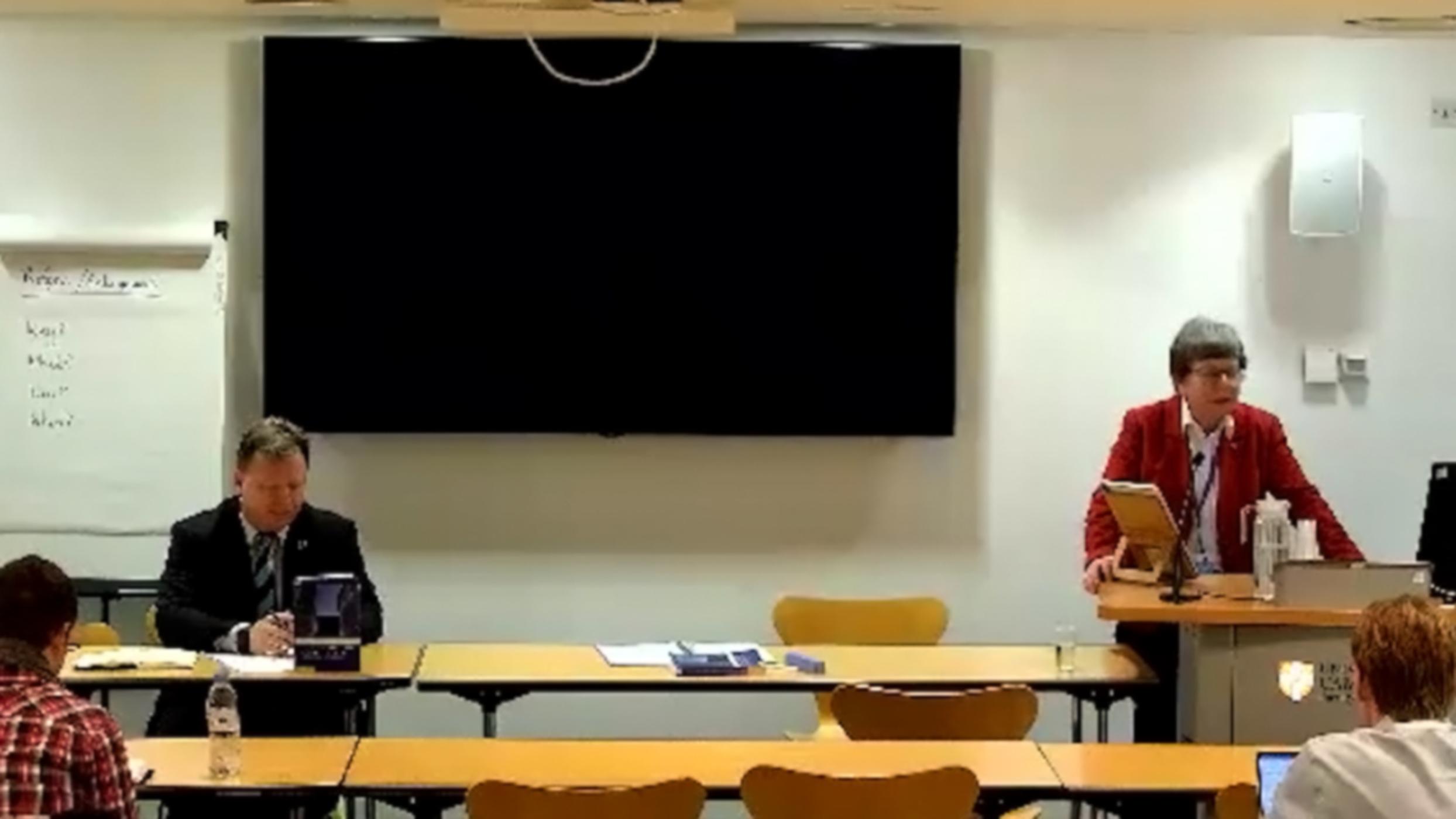
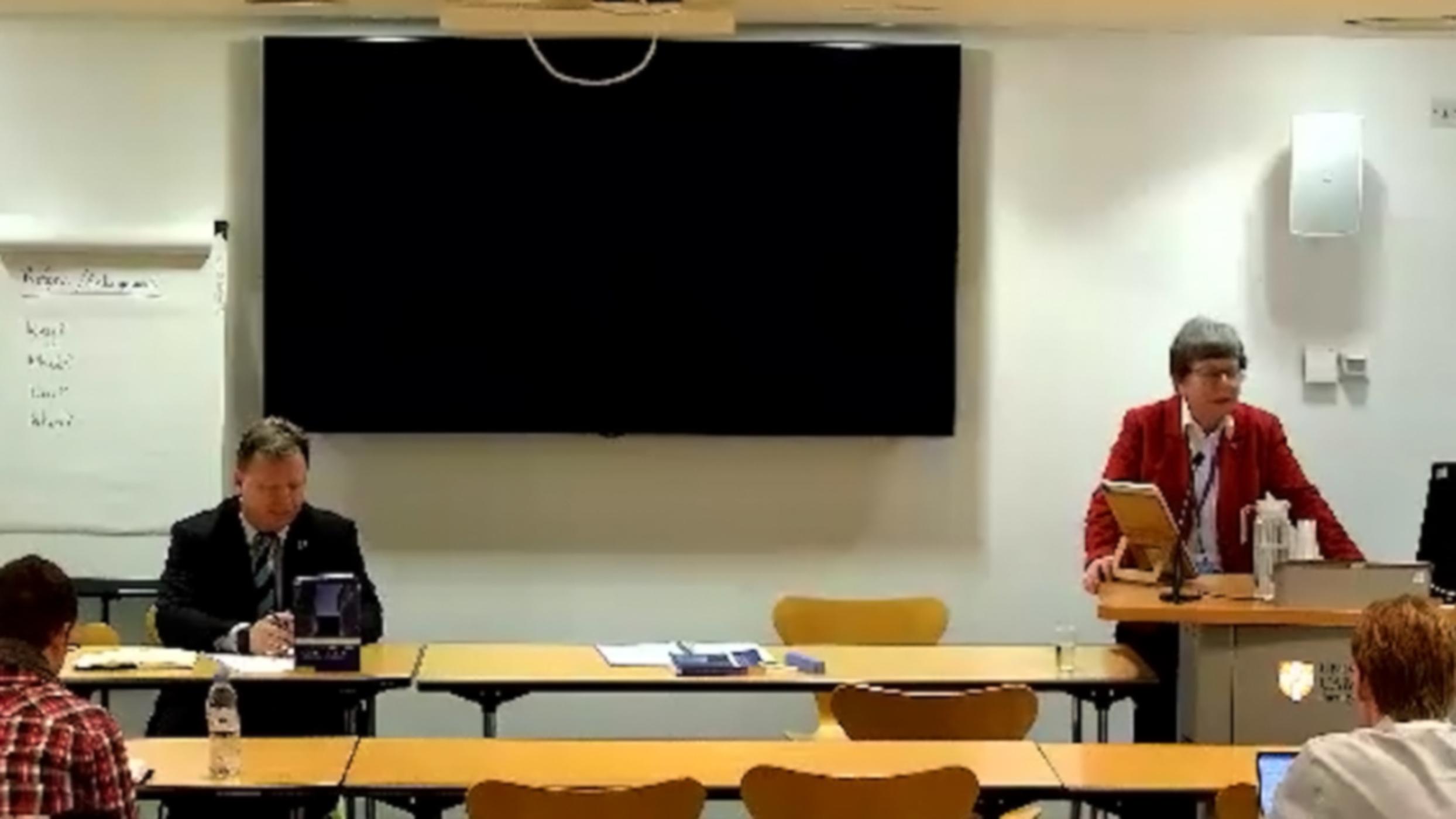
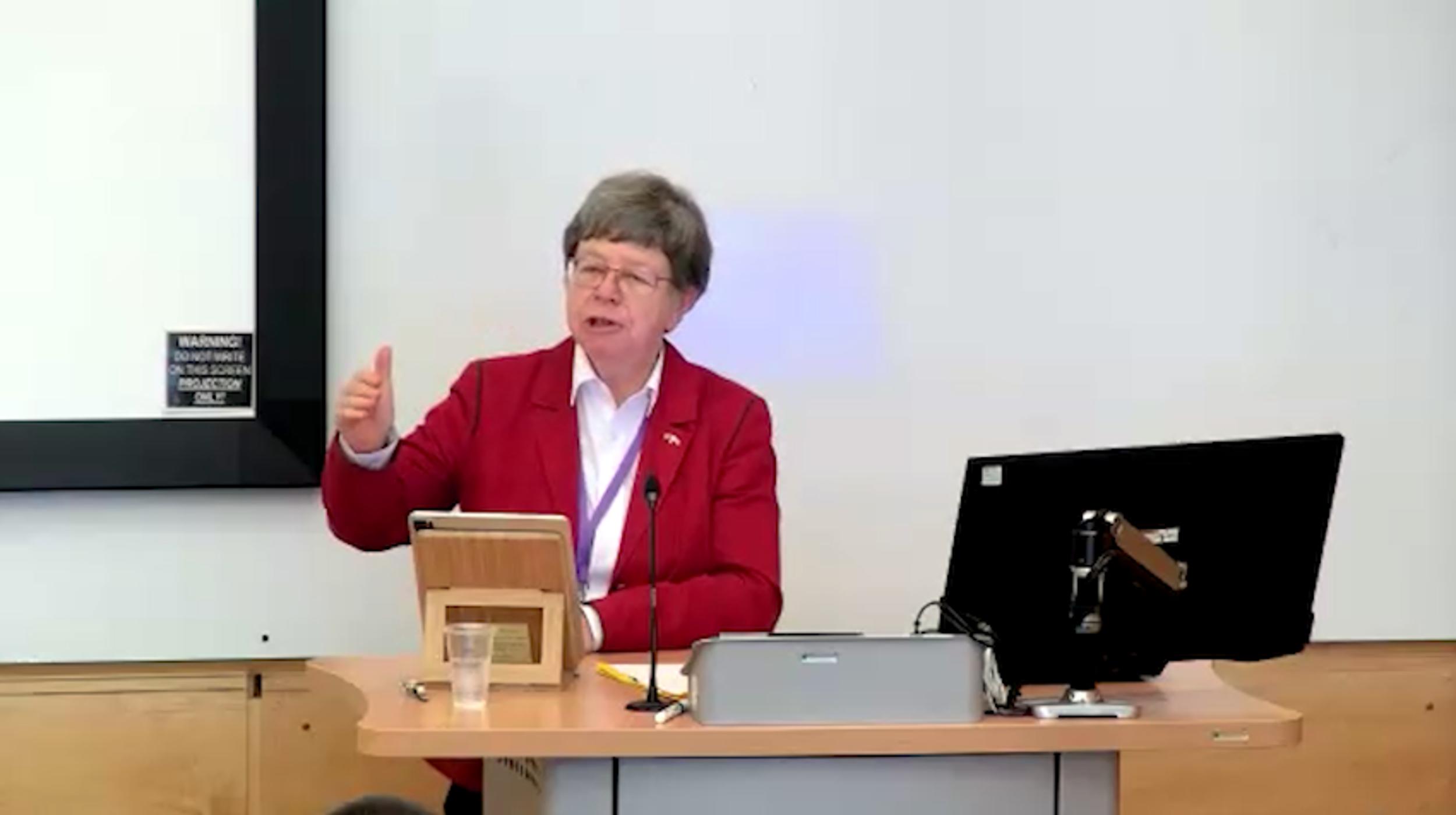
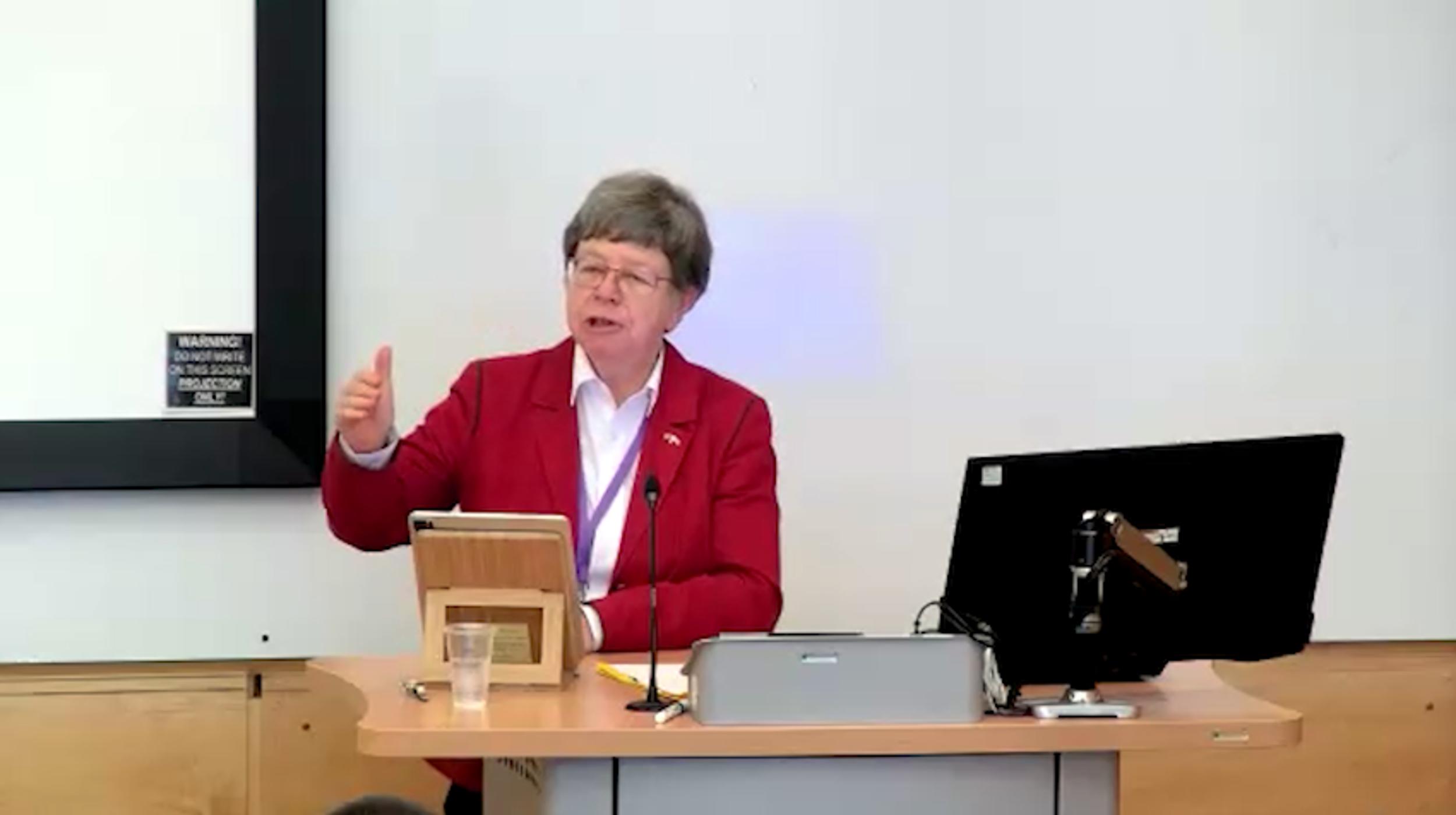
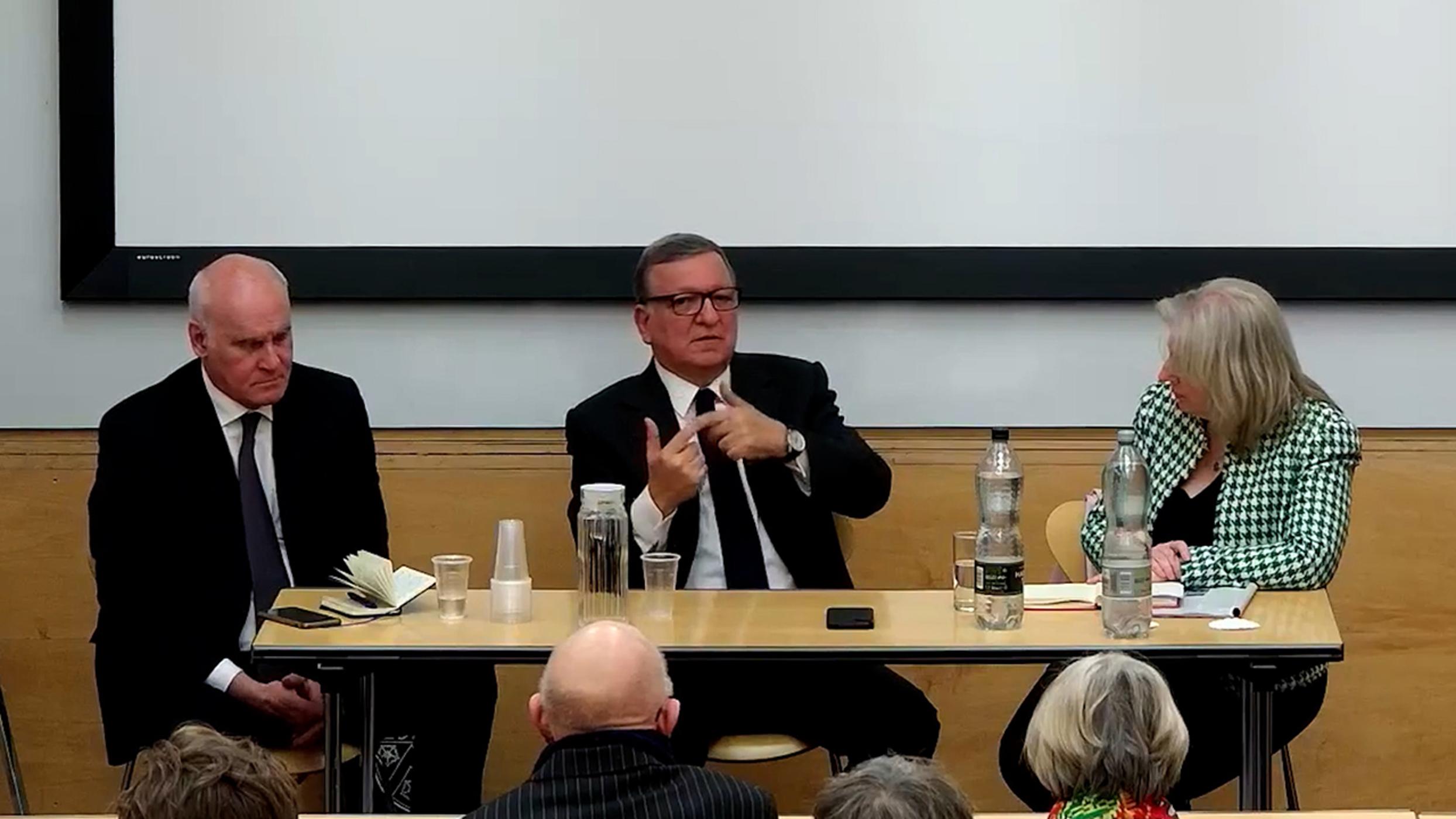
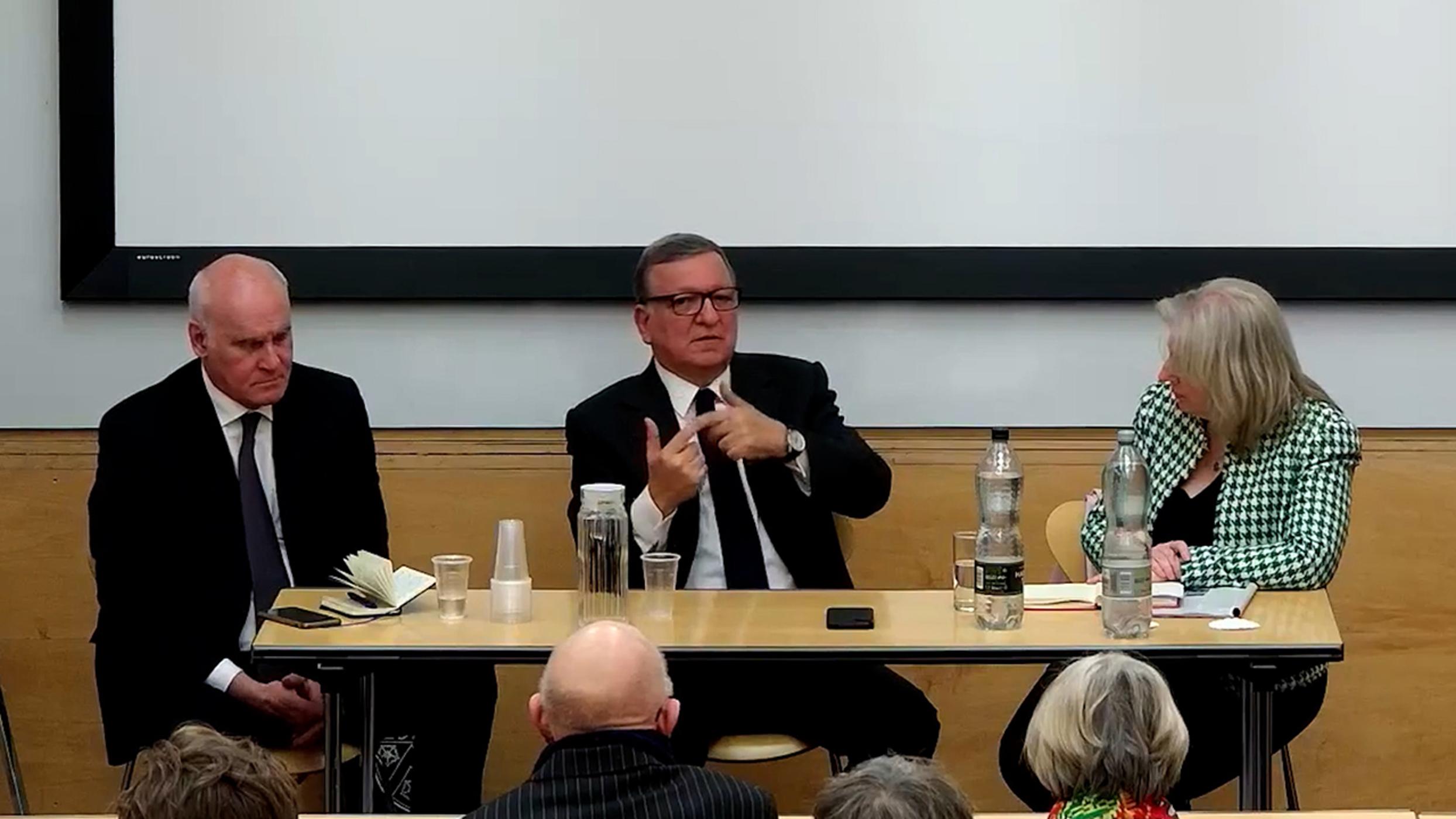
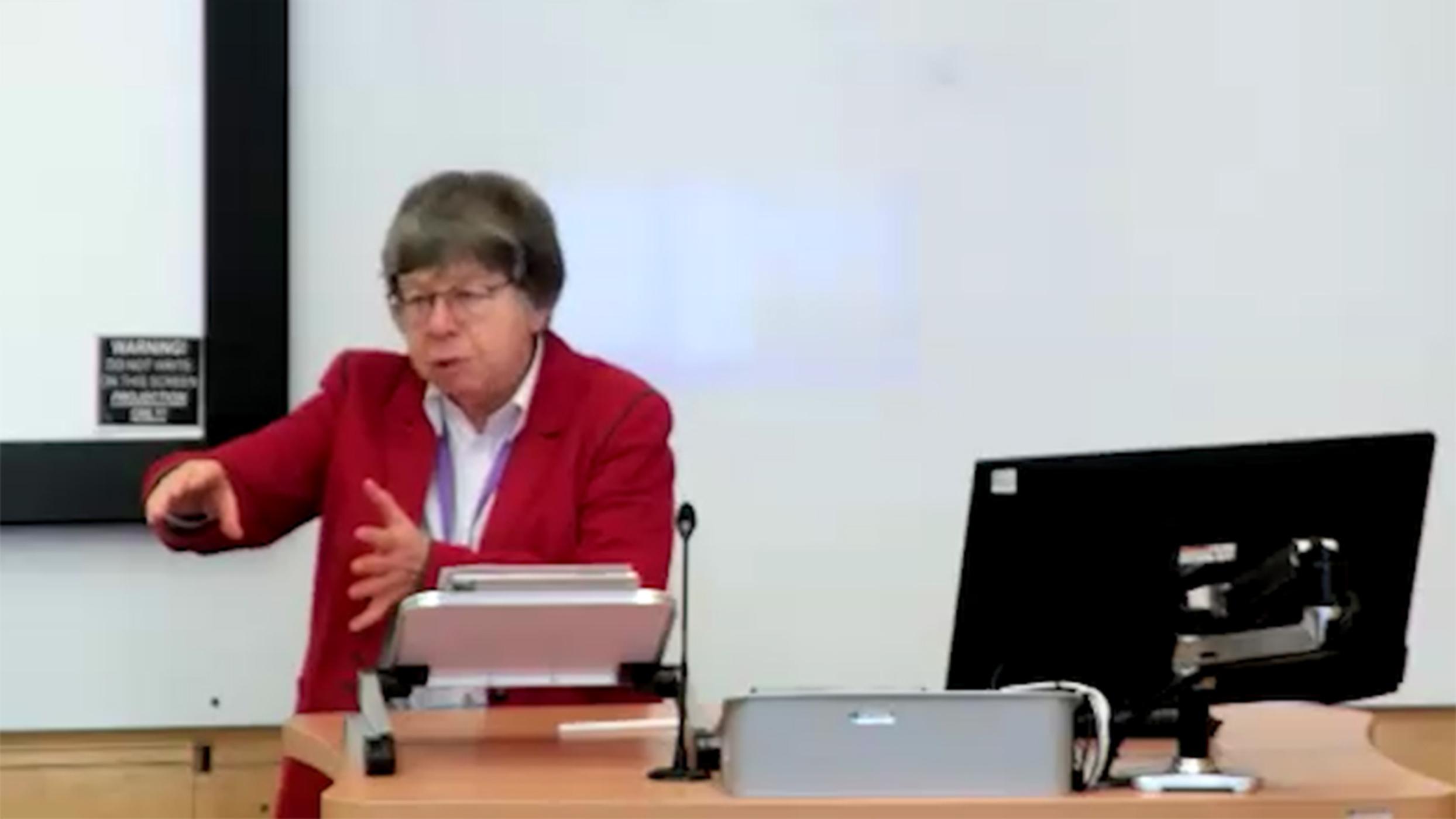
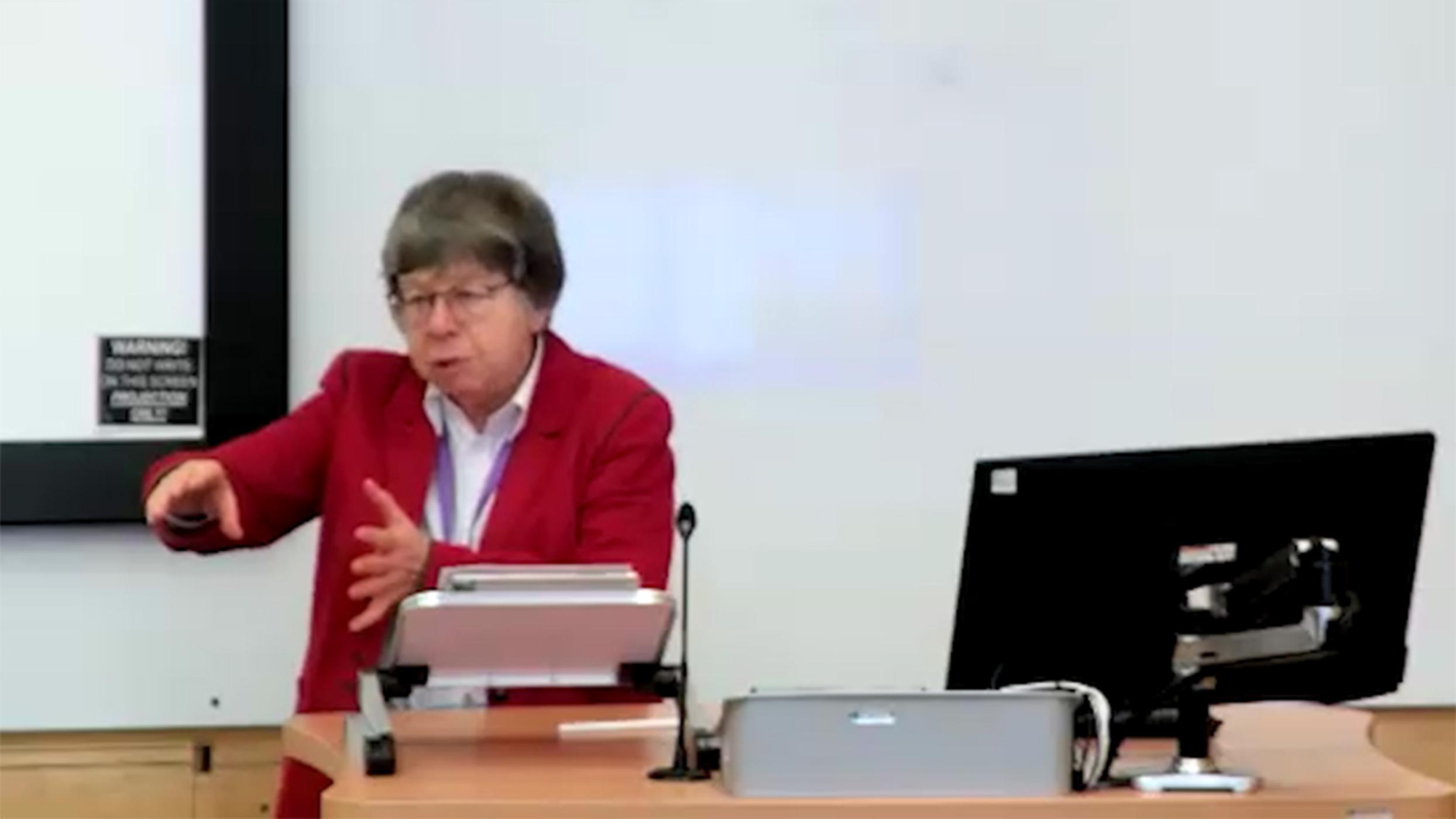
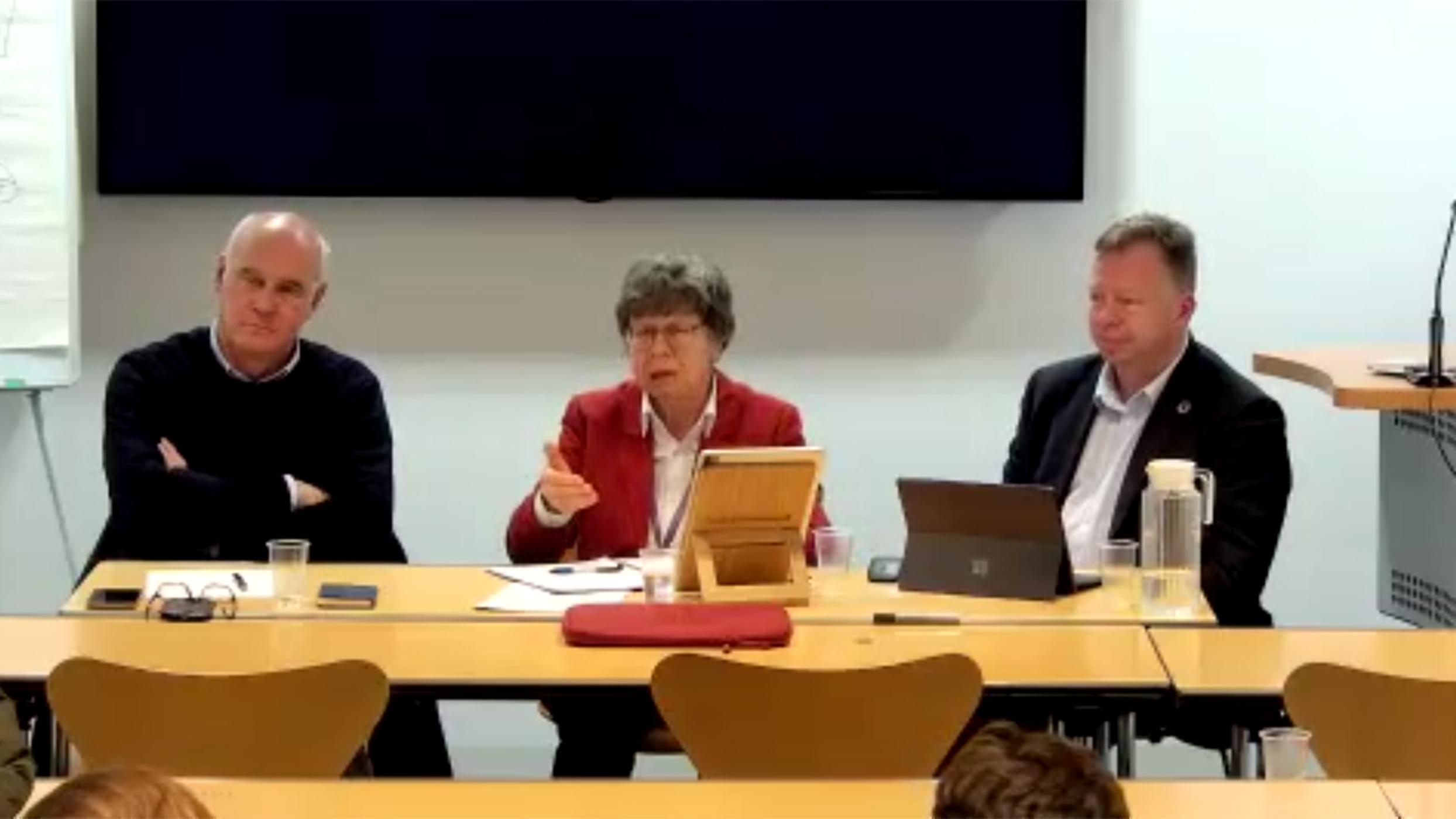
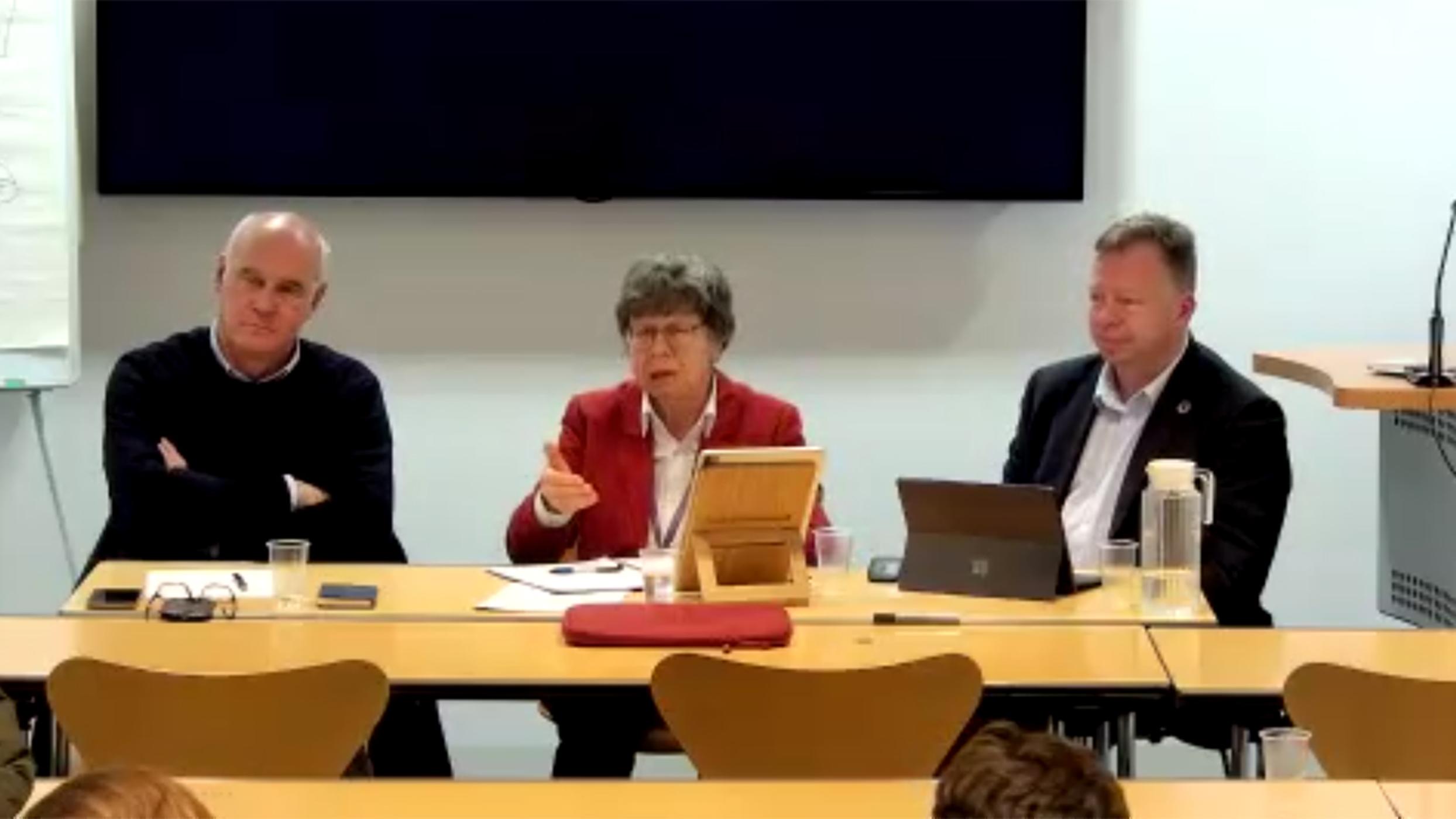
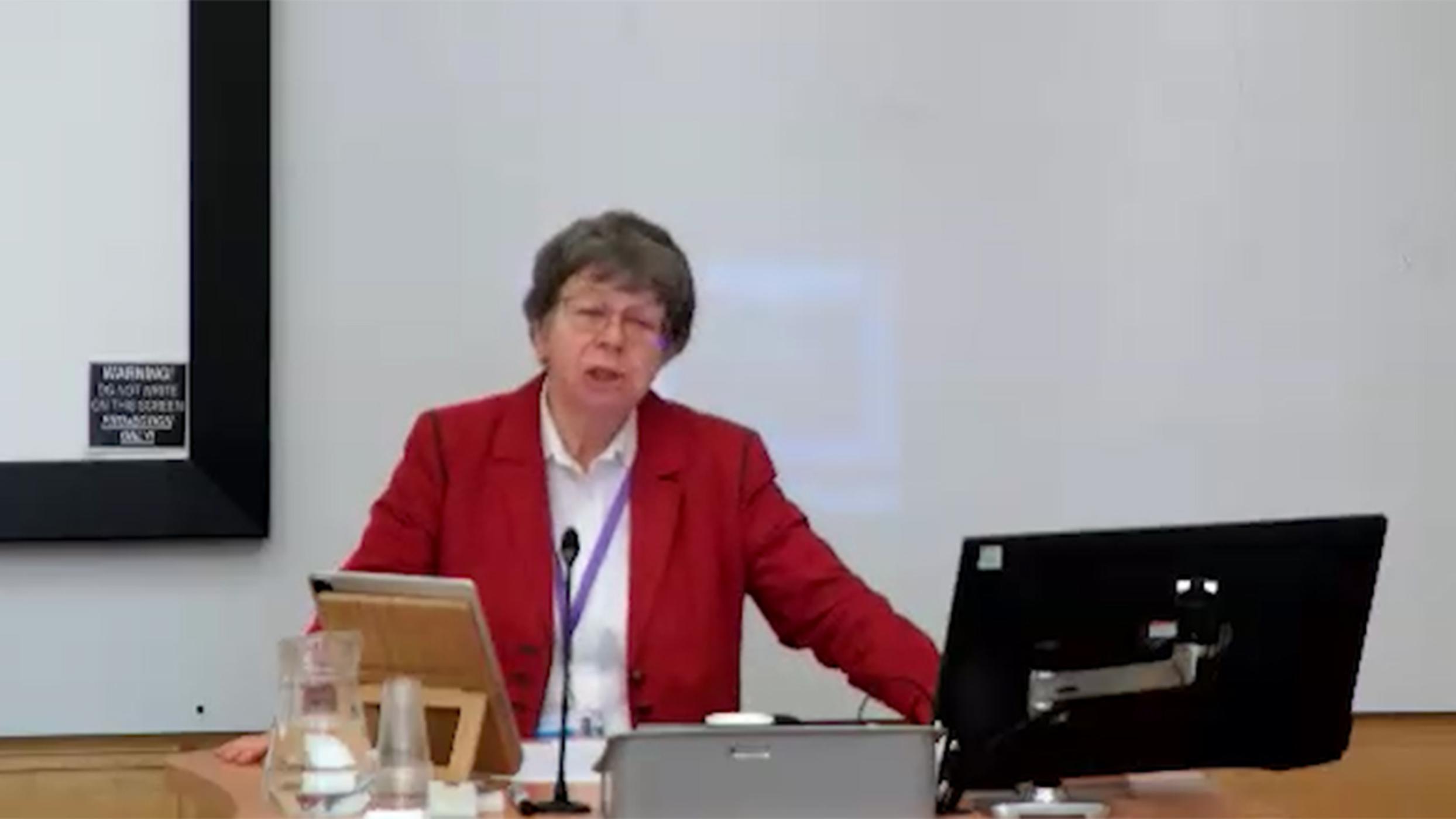
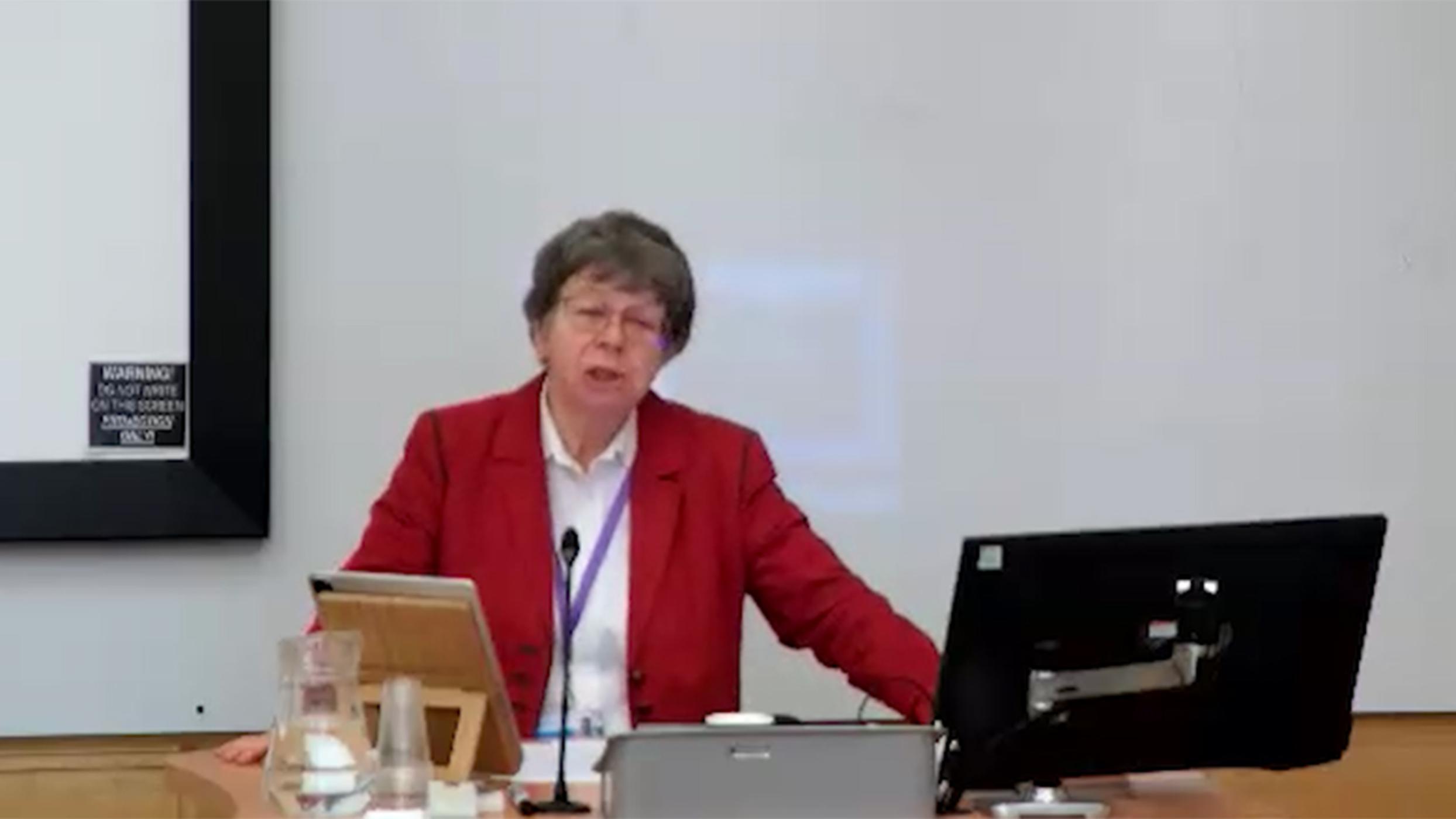
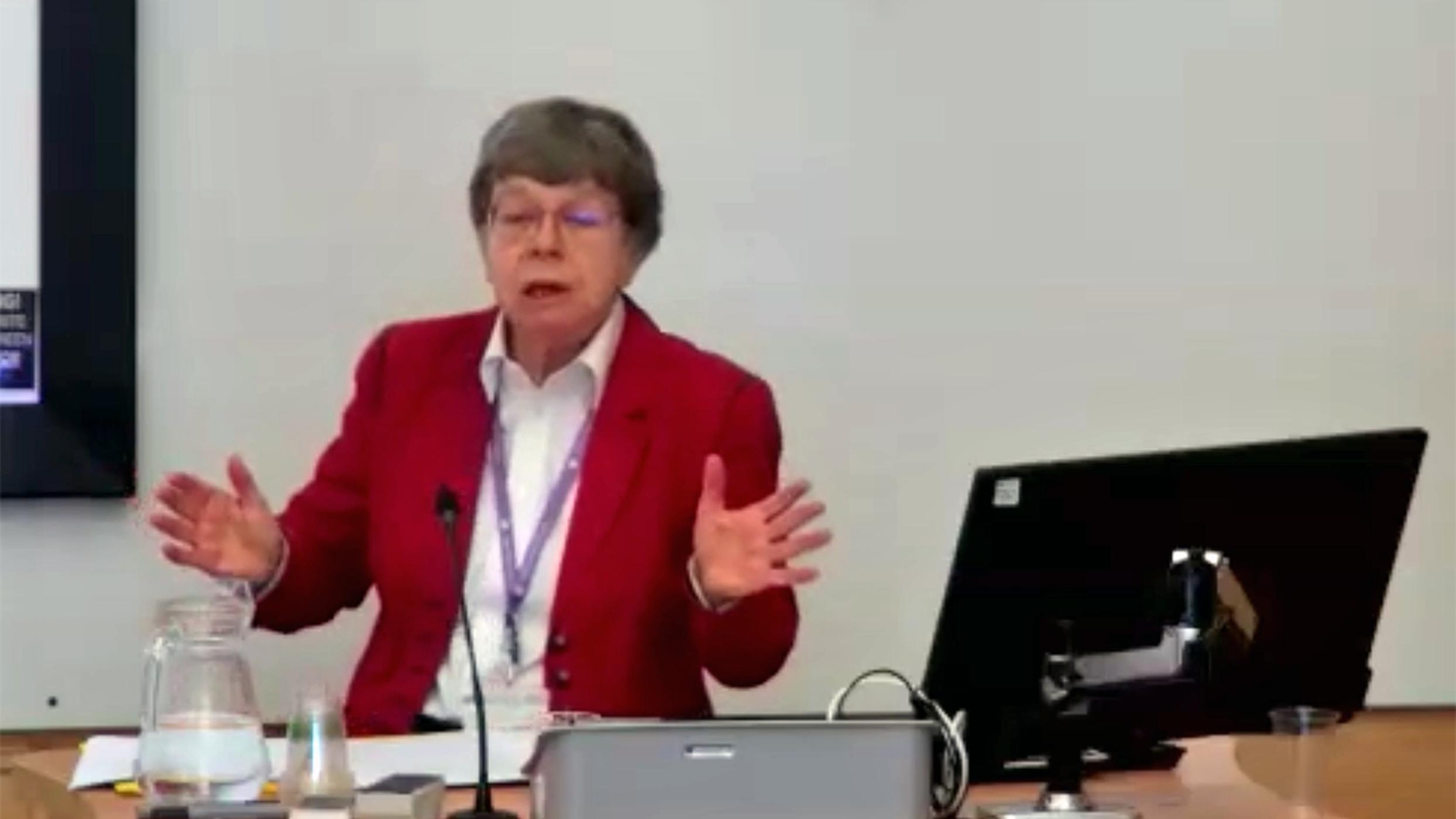
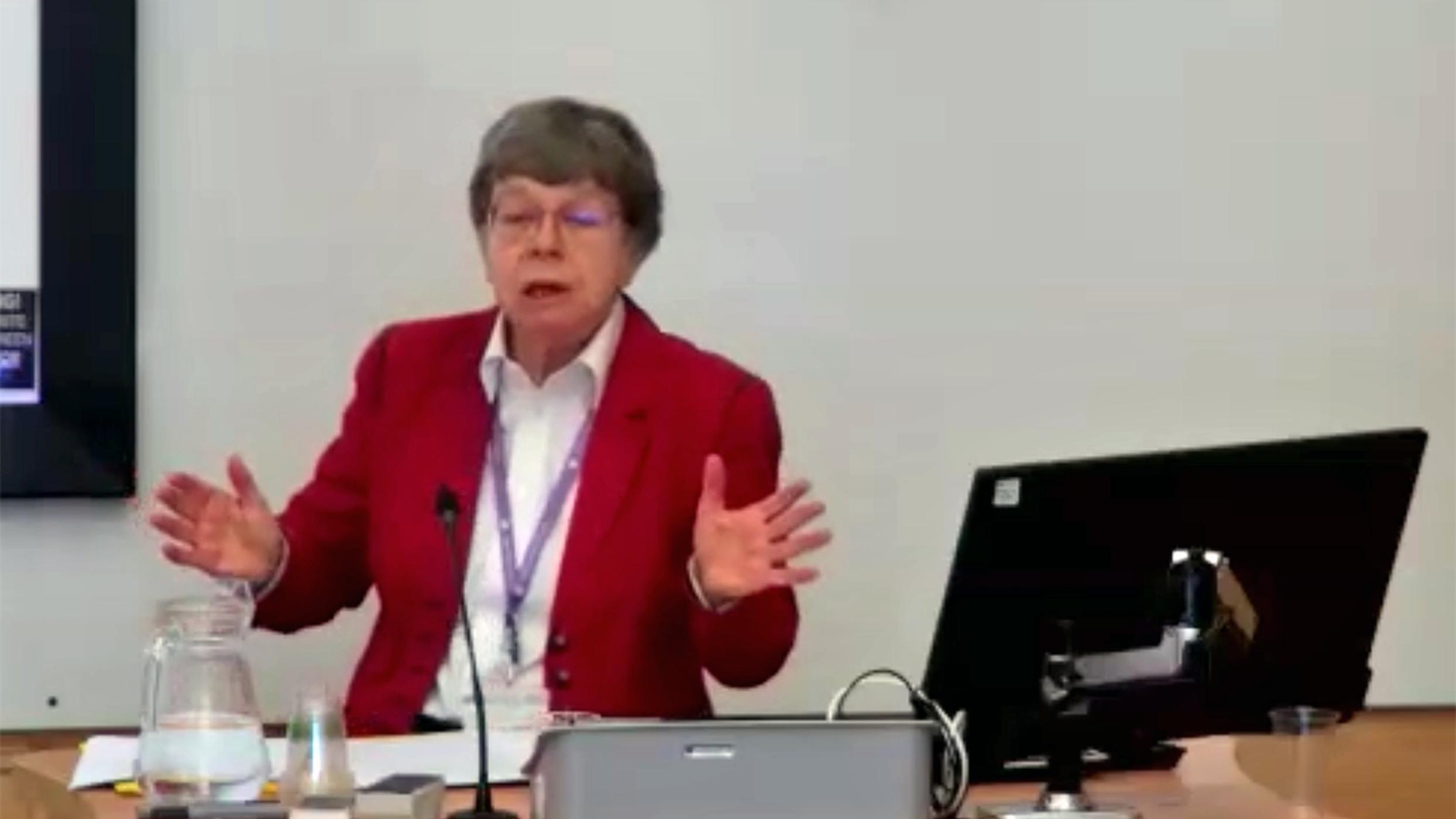
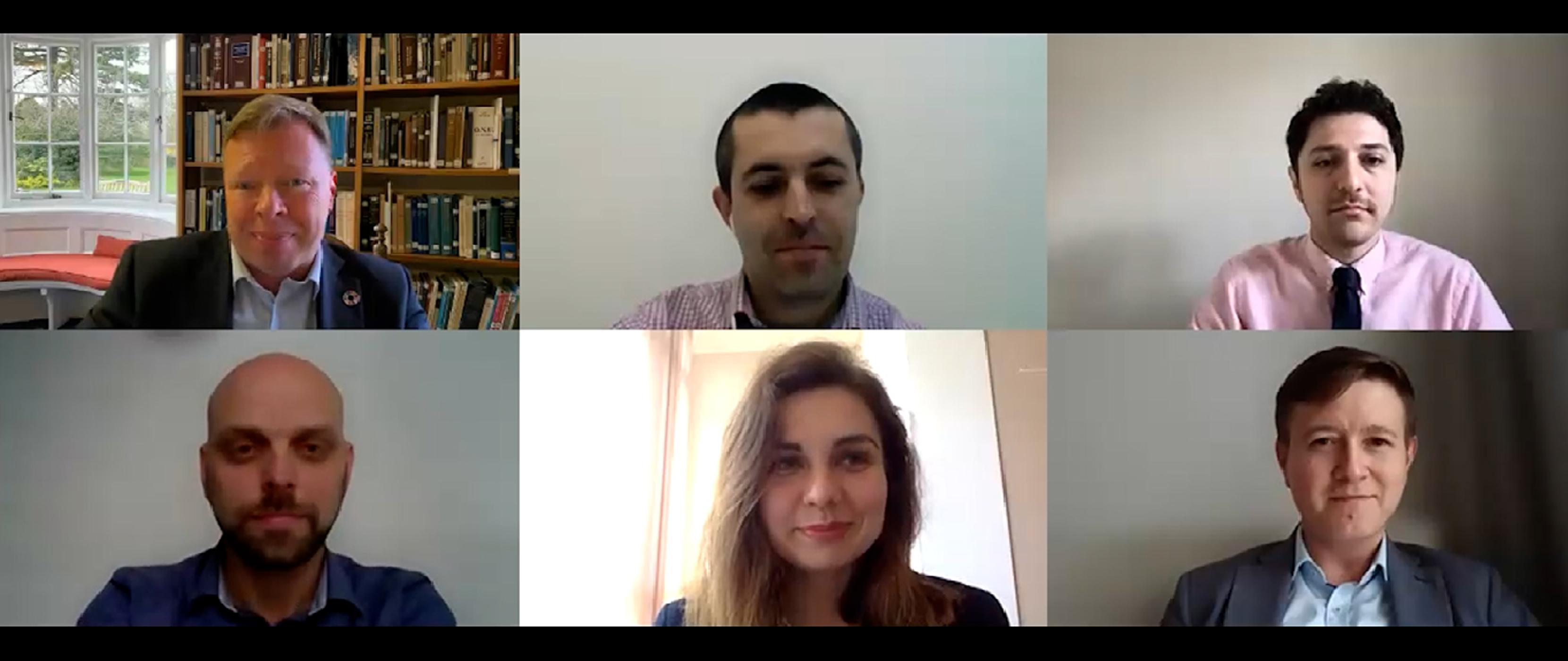
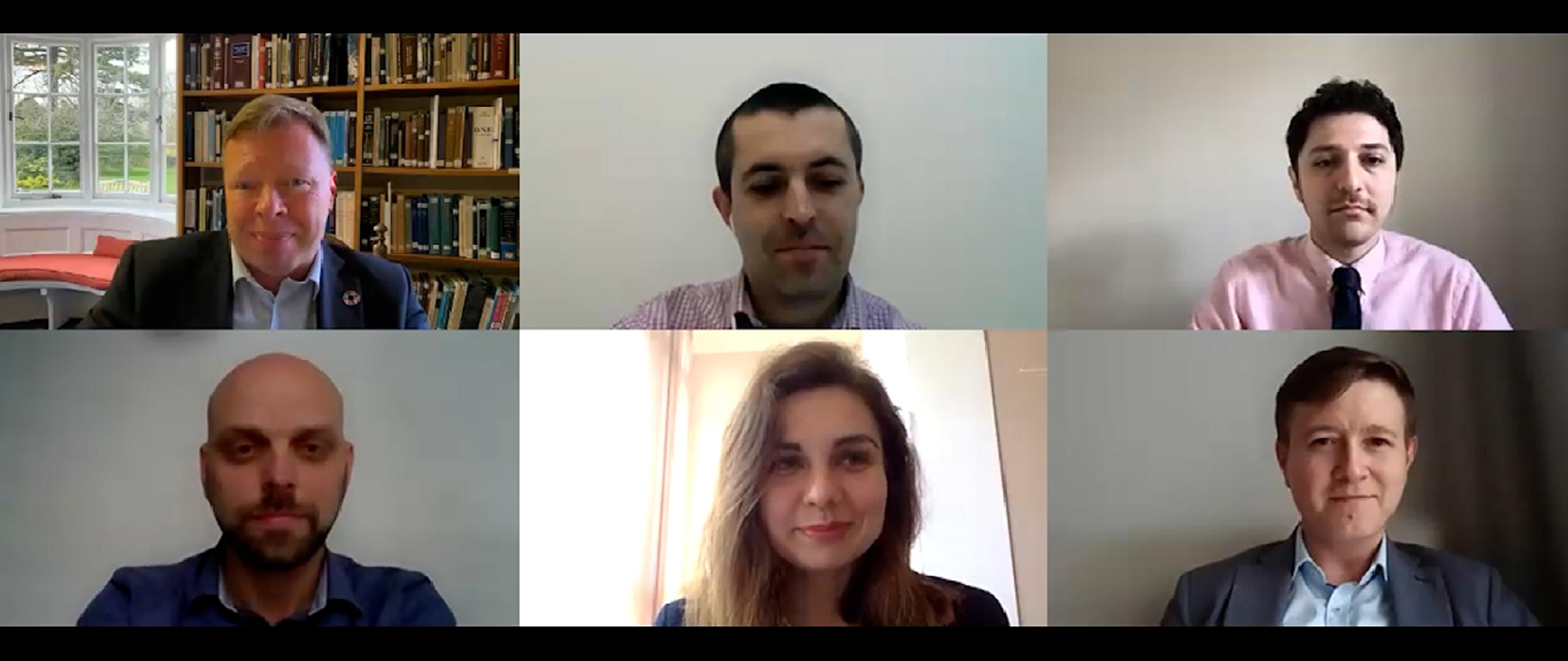
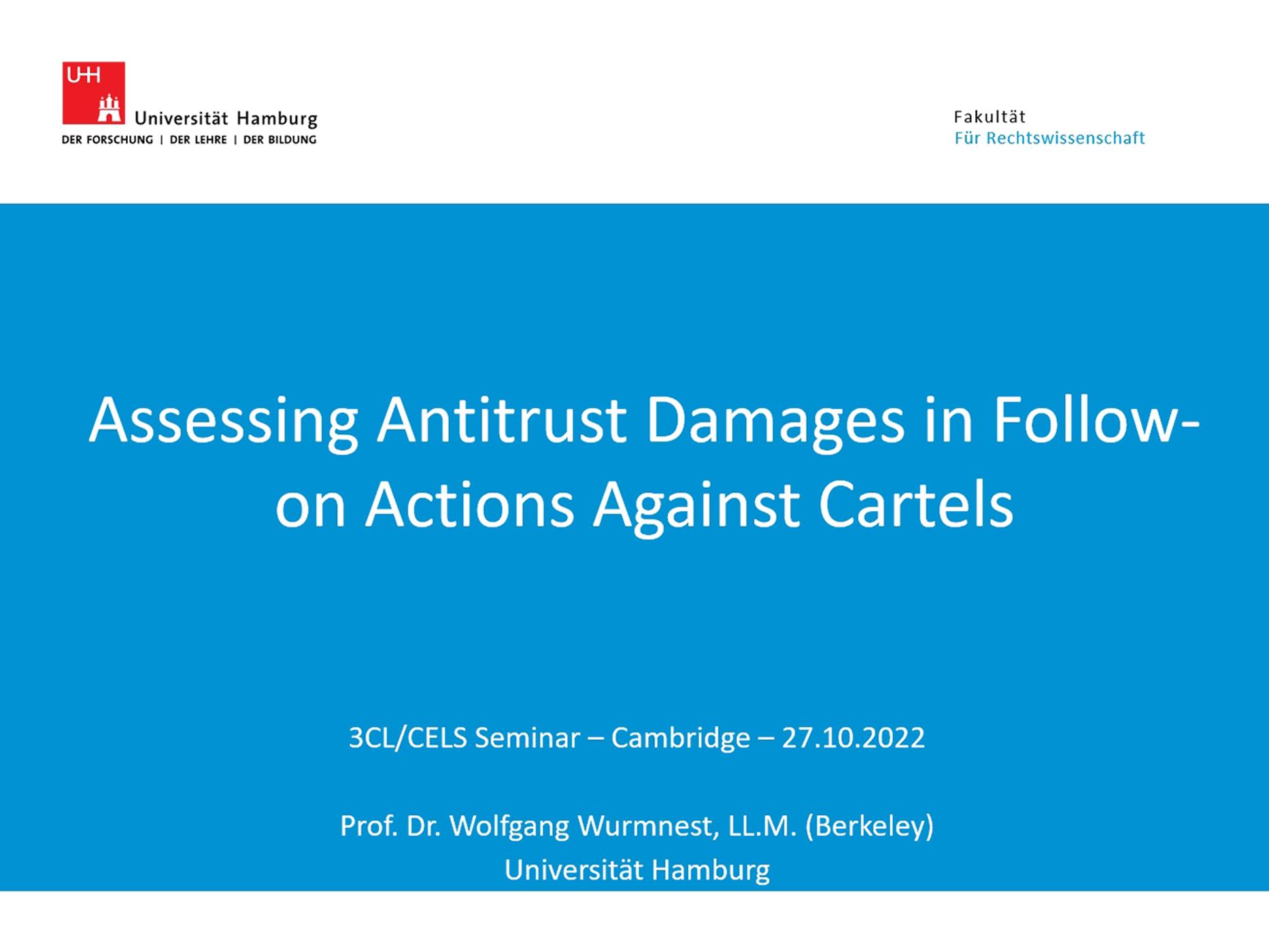
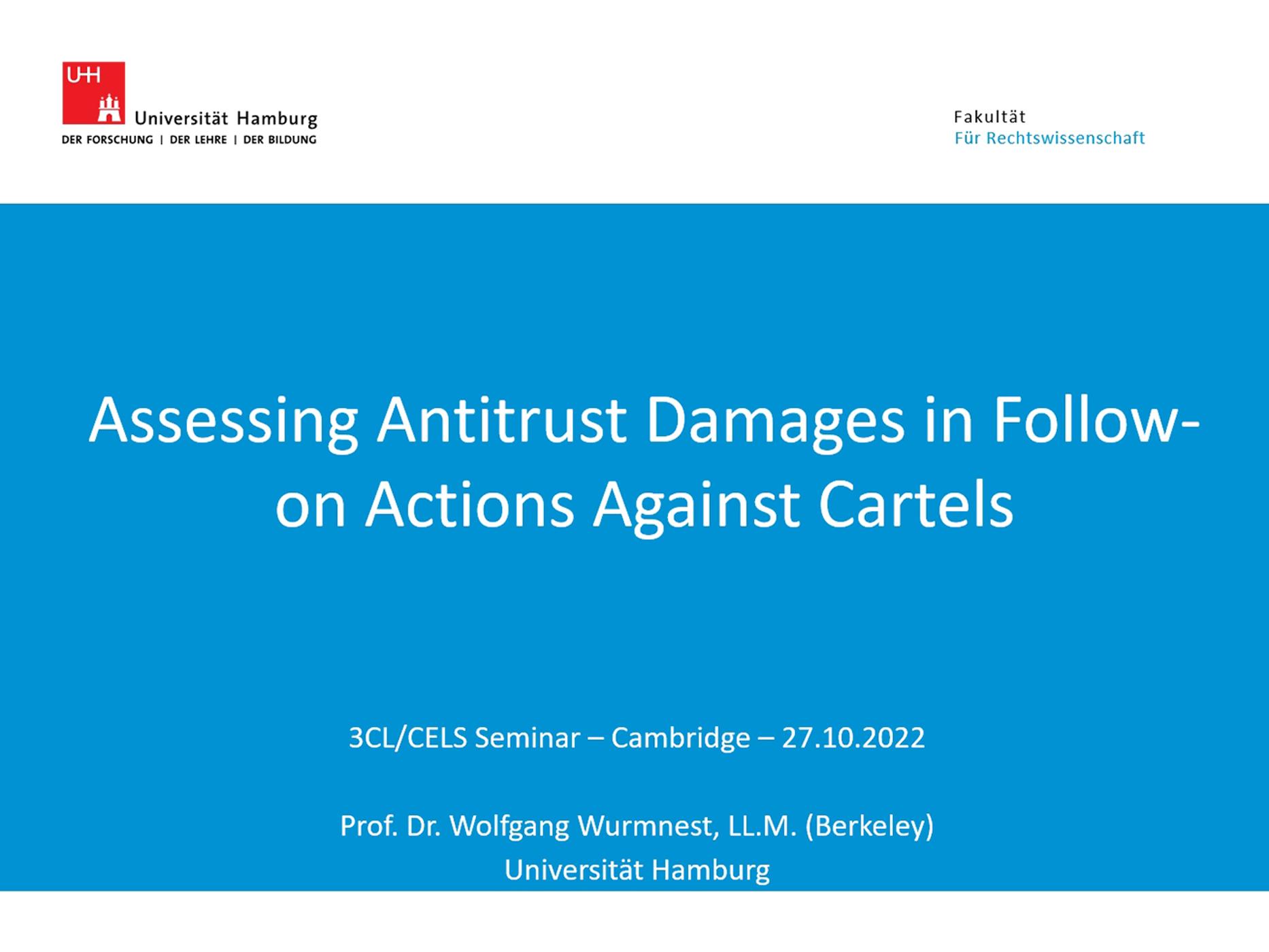
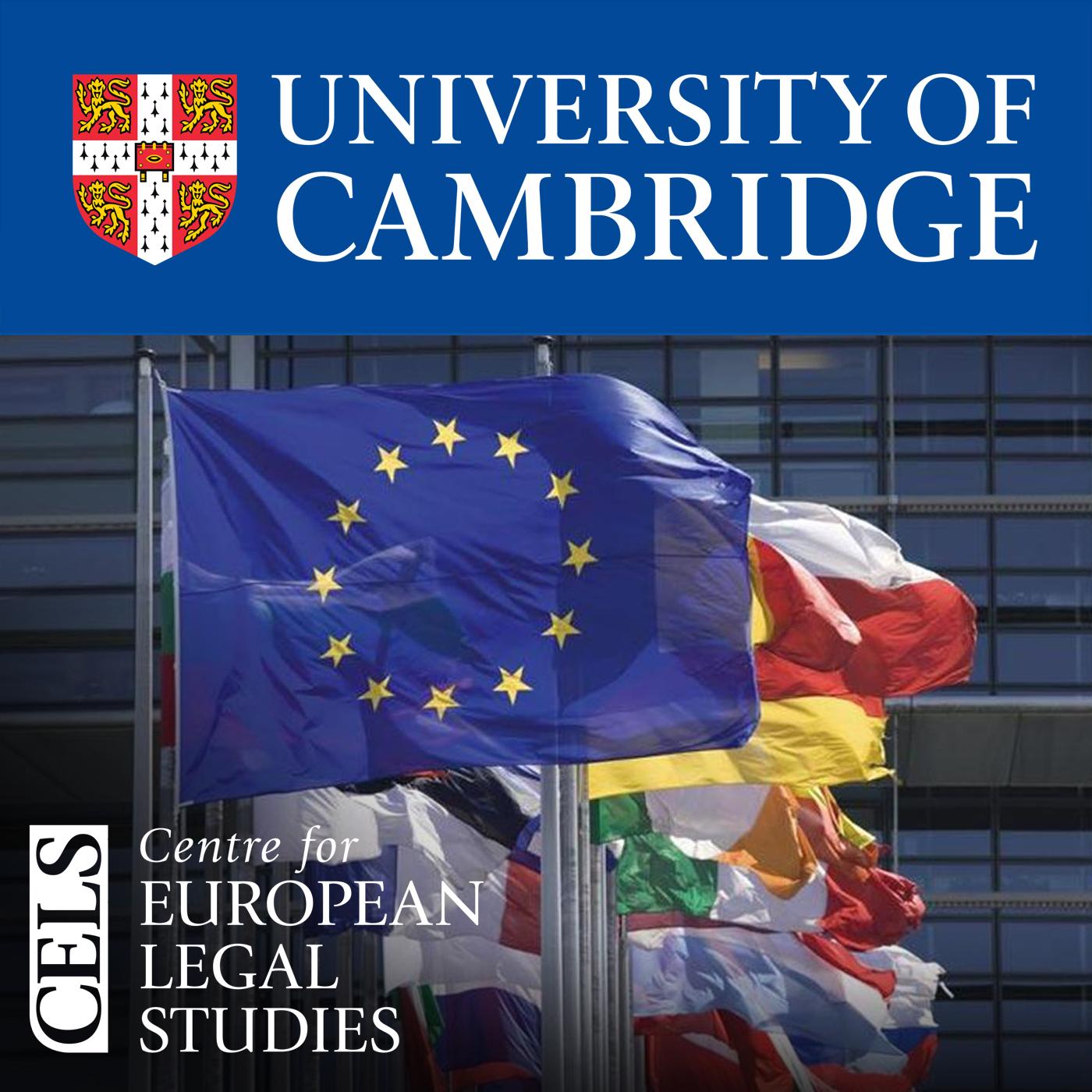


Mr Green is one of the leading online casinos offering a wide range of games and bonuses. The casino has an excellent reputation, and it is clear that they take care of their players. The customer service is amazing, and they offer a great selection of games. The bonuses are also very generous, and the wagering requirements are reasonable. For more information, you can use the link https://bestcasinoplay.ca/online-casinos/mr-green/ link . Overall, my experience with Mr. Green was Very nice, and I would definitely recommend it to anyone who is looking for a great online casino.